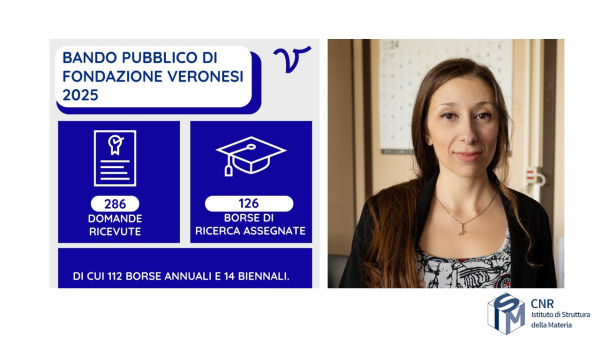The project, selected among the 14 winners of the 2025 call by the Umberto Veronesi Foundation with a two-year funding, represents a significant recognition in the field of cancer prevention research. Its objective is to develop innovative sensors for a rapid and sustainable analysis of oncogenic proteins produced by high-risk strains of the human papillomavirus (HPV) associated with uterine cancer.
Currently, HPV prevention measures have significant limitations: the lengthy regional screening timelines and the incomplete information they provide do not allow for the timely identification of patients at immediate risk of tumor development. As a result, patients are forced to undergo numerous invasive and costly examinations, such as colposcopy, to monitor the infection and prevent cancer.
To address these challenges, the project uses aptamers (nucleic acid sequences capable of specifically binding to molecules or proteins) to capture HPV oncogenic proteins in vaginal fluid samples. The proposed sensors are miniaturized, user-friendly, and low-cost, making them ideal for integration into preventive screening programs.
An innovative technique, Electrospray Deposition, will be employed to immobilize aptamers on electrochemical sensors. This methodology will be developed using a customized setup at the DepEST Lab of the CNR-ISM Montelibretti site, under the guidance of Mattea Carmen Castrovilli, head of the laboratory and Principal Investigator of the project.
The method developed will subsequently be extended to analyze other proteins present in vaginal fluid, such as those related to immune response, to gather crucial information for uterine cancer prevention.
Funding type: 2-year fellowship by Fondazione Umberto Veronesi
Starting-ending year: 2025-2027
Referent ISM: Noemi Colozza, Mattea Carmen Castrovilli
Relevant roles of personal ISM: Mattea Carmen Castrovilli - Principal Investigator


 English (UK)
English (UK)  Italiano (Italia)
Italiano (Italia)